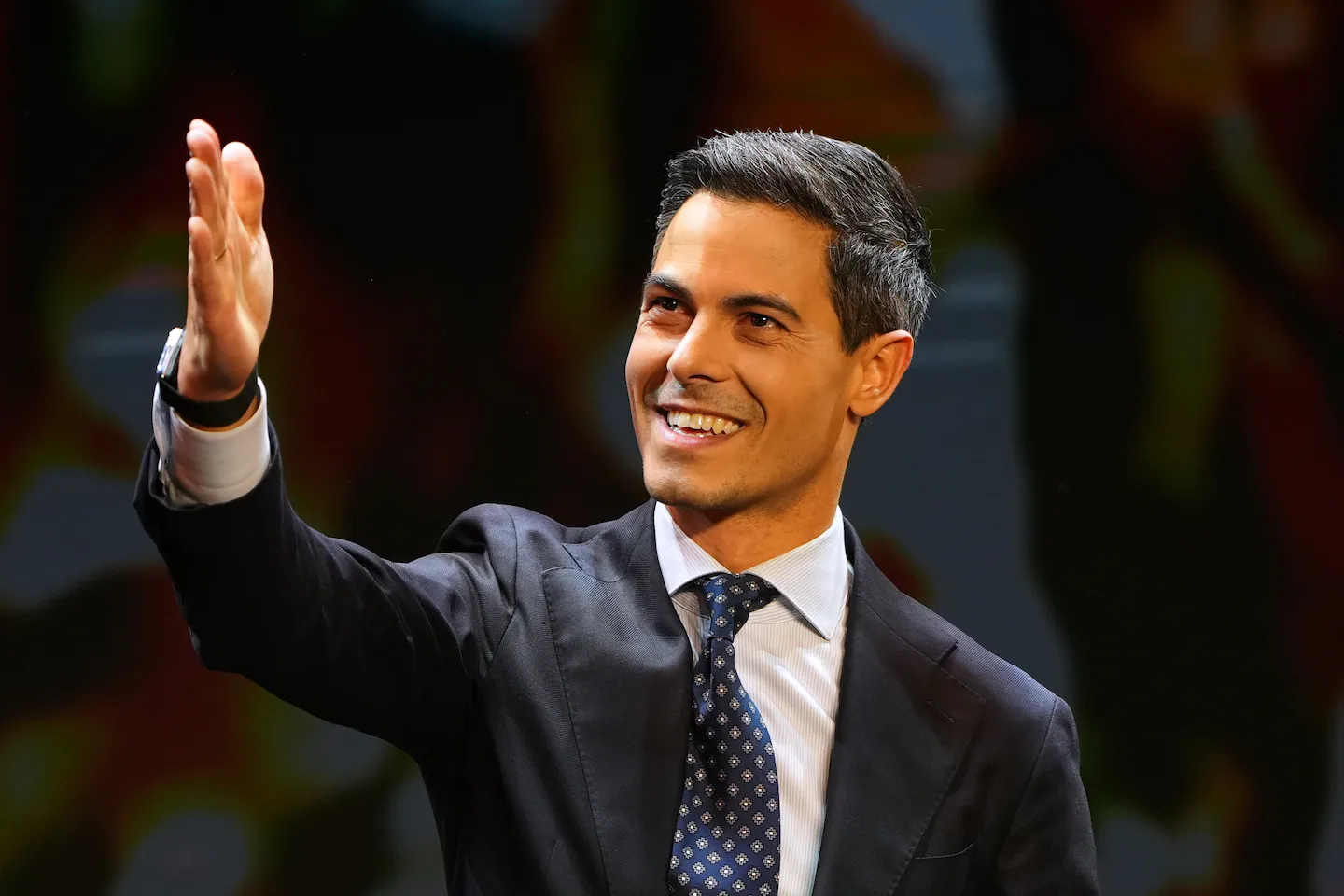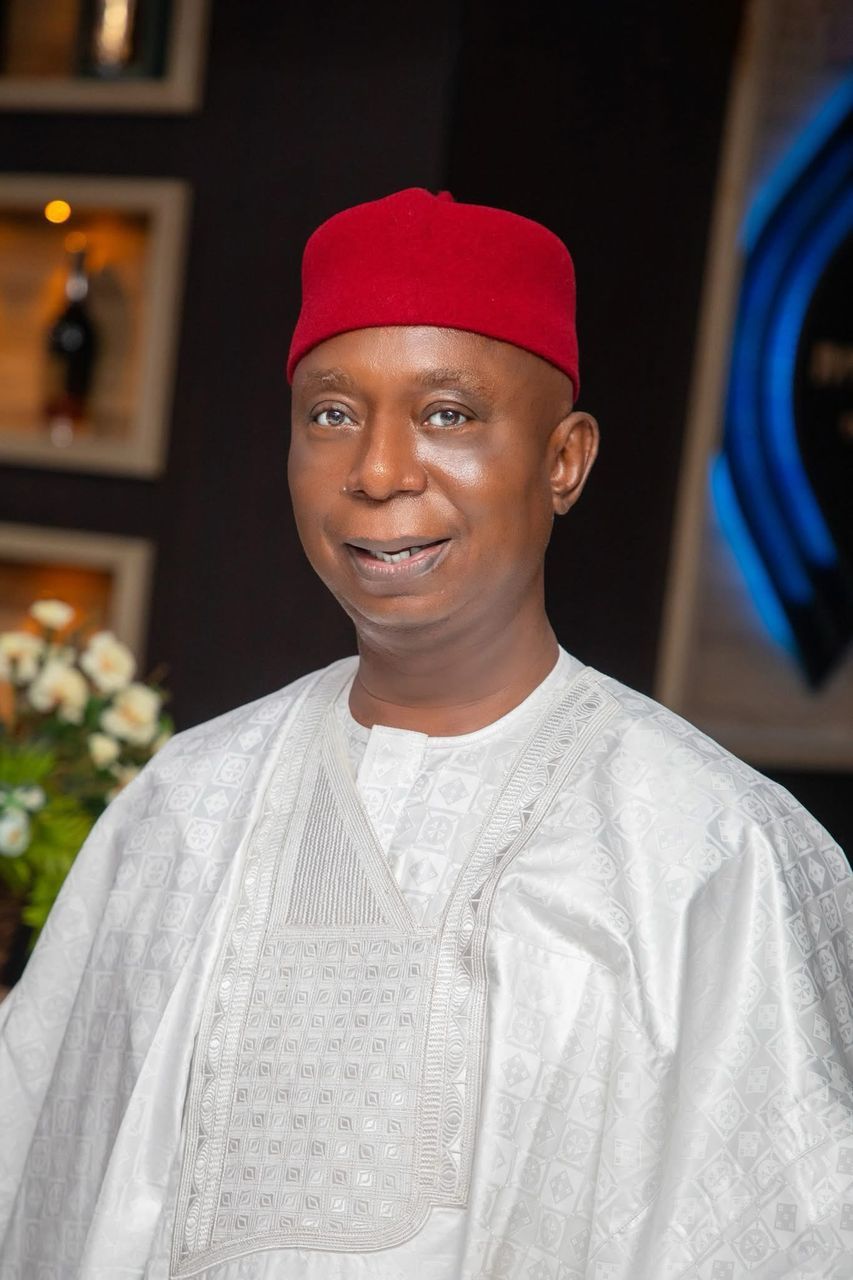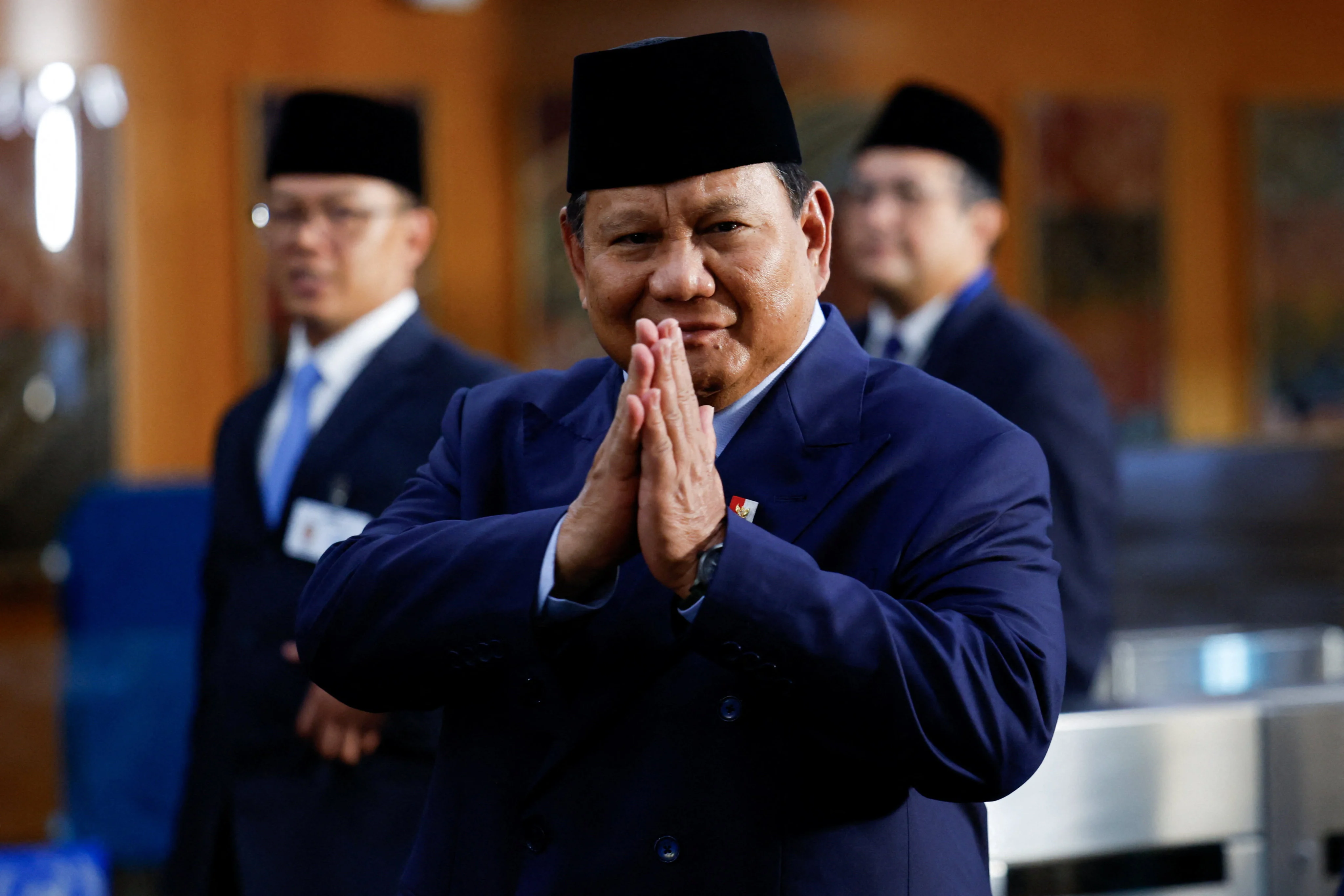Copyright The Boston Globe

The election became a microcosm of competing visions in the West, with Wilders representing a staunchly anti-migrant and populist view in line with the “Make America Great Again” movement in the United States and far-right parties across Europe, including France’s National Rally. Jetten’s party embraced the politics of civility, promises of affordable housing, and a green agenda. “The positive forces have won!” Jetten posted on social media. “I want to get to work for all Dutch people, because this is the land of us all!” The defeat for Wilders’s party was, to some degree, self-inflicted, as his decision to pull out of the ruling coalition over immigration issues collapsed the government and forced an early election. Especially if Jetten - a photogenic, pro-EU and openly gay political leader - emerges as prime minister, the outcome would also be seen as a pendulum shift and provide lessons for European centrists threatened by hard-right victories on the continent. His campaign slogan - “It is possible” - evoked Barack Obama’s “Yes, we can.” The election in some ways turned into a test of support for the far right after nearly two years in power. Wilders, one of Europe’s most enduring populist firebrands, is now likely to be shut out of government. “The voter has spoken,” he posted on social media after exit polls. “We had hoped for a different result, but we stuck to our guns,” he said. “We are more combative than ever and still the second and maybe even the biggest party of the Netherlands.” Exit polls indicated a swing closer to the political center after the coalition government led by Wilders’s PVV fell in the summer. Like other centrists in Europe, however, Jetten has moved to the right on migration - Wilders’s pet issue, and one preoccupying European elections. Jetten backed the notion, for instance, that asylum seekers be processed outside the European Union, a position shared by staunchly nationalist European leaders, including Italian Prime Minister Giorgia Meloni. Immigration, housing and health care emerged as some of the top issues in the run-up to the Dutch election. The snap vote was triggered by Wilders withdrawing from government when coalition partners did not back his antirefugee and immigration plans, which included revoking Dutch nationality from citizens with dual passports. Wilders, nicknamed the “Dutch Donald Trump” during his rise in the country’s last election, is known for his anti-Islam rhetoric and has led the Euroskeptic political movement in the Netherlands for nearly two decades. He was found guilty of discrimination by a Dutch court in 2016, has called for rejecting all asylum requests in breach of EU treaties and has opposed sending more weapons to Ukraine, arguing that the Netherlands needs them. The country’s mainstream parties ruled out joining a coalition with Wilders ahead of this election, giving him little chance to return to government, although he can still loom over the country’s politics from the opposition. In the Netherlands, the largest party takes the lead in trying to form a cabinet. With no party gaining a solid majority, lengthy talks to form a coalition government will follow the election. The result could pave the way for 38-year-old Jetten to get the lead in building the next government and become the country’s youngest prime minister. “We’ve shown not only to the Netherlands but also to the world that it is possible to beat populist and extreme-right movements,” Jetten told cheering supporters Wednesday. “Millions of Dutch people have turned a page and said goodbye to the politics of negativity.” For the far right, a period on the sidelines may not necessarily be a bad outcome. Wilders has long thrived as a rabble-rouser in opposition, deftly critiquing centrists in power as inefficient and weak. A victory for Dutch centrists now may also be short-lived. In the country’s divided political scene, any new government could be fragile. “We need to keep in mind that Wilders can cause chaos from the sidelines, given how unstable any coalition will be,” said Catherine Fieschi, a fellow at the Robert Schuman Center of the European University Institute in Florence and the author of a book on populism. “My sense is the Dutch [will be] back at the polls in a year,” she added. “This really is a story of fragmentation … 27 parties!” Wilders’s PVV was projected to lose 11 seats, while much of the support he lost appeared to go to other right-wing parties, according to exit polls. The election was also a loss for a left-wing ticket of Green and Labor parties, which was projected to drop five seats. The bloc’s leader, former EU climate chief Frans Timmermans, resigned Wednesday night. “It’s clear that I couldn’t convince people to vote for us,” he said in a speech. “It’s time that I take a step back and transfer the lead of our movement to the next generation.” The center-right VVD, the party of NATO Secretary General Mark Rutte, was expected to come in third place. Wilders’s party scored a stunning first-place win in the 2023 legislative elections after the resignation of Rutte, the country’s longest-serving prime minister. But Wilders was still unable to claim the position of prime minister in coalition talks, facing pushback even from other conservative parties over his views, often criticized as extremist. “I regret the loss,” he said of Wednesday’s election, “but it’s not as if we were wiped off the map.”



